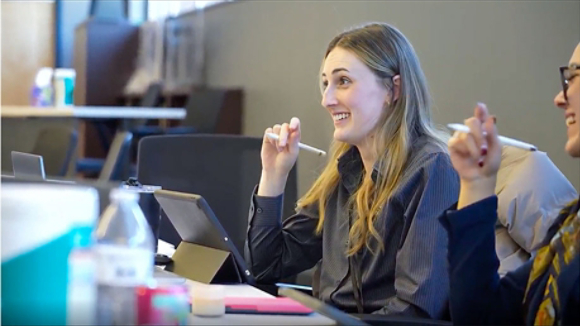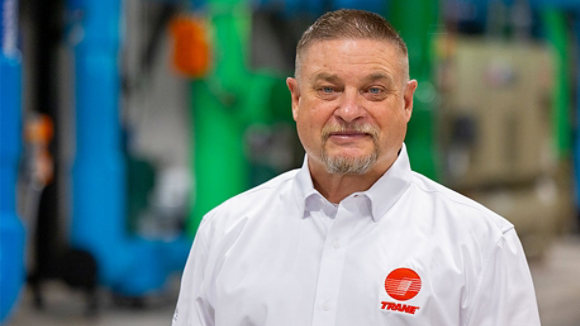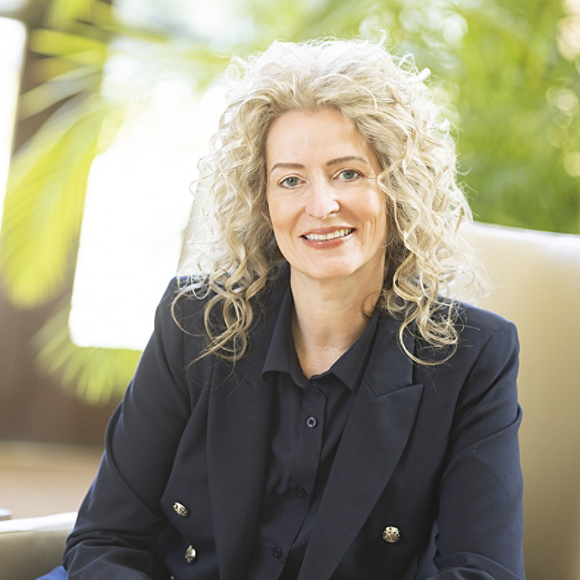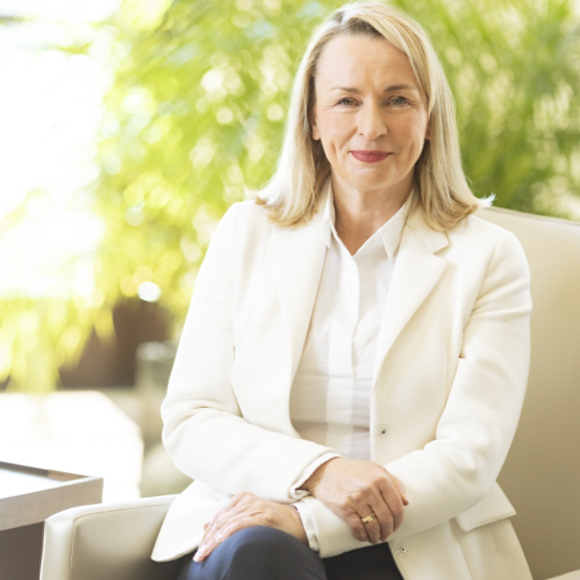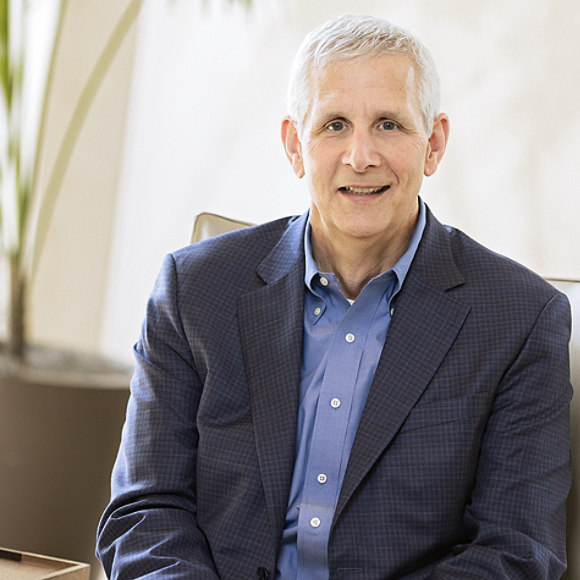August 18, 2025
How Emily is Using UX Design to Solve Real Problems
At Trane Technologies, UX Design Lead Emily Peconi is building real solutions for real people. With hardware, software, data and human insight all in play, she’s proving that user experience in HVAC is anything but ordinary.

When people picture user experience (UX) design, they don’t always picture thermostats, chillers or wiring diagrams. But for Emily Peconi, UX Design Leader for Trane Technologies, crafting thoughtful products that solve real problems for real people is exactly what makes her work exciting.
UX in climate tech: uniquely challenging, uniquely rewarding
Ask Emily Peconi what excites her most about UX design for the residential side of Trane Technologies, and she won’t skip a beat:
We’re building real products for real people to solve real problems.
Emily Peconi
UX design leader, Trane Technologies
Emily’s role is an important one. Trane Technologies’ advanced HVAC systems can be intricate, but it’s her job to make it easier for operators, technicians and residential customers to work seamlessly with the company’s products, driving efficiency and reducing costly errors in daily operations.
The challenge of turning complex products into intuitive tools is part of why Emily has been with the company for half a decade. “I think there's something so interesting about hardware and software and the way they work together and how we market them together. It's really multifaceted. You're thinking about the thermostat on the wall, the wiring behind it, the software inside the equipment and how that all talks to the customer.”
An unusual career track to Trane Technologies
To ensure the company’s residential products are truly responding to customers’ needs, Emily works closely with Trane Technologies’ dealer network to understand what they need most. “There are at least 100 of our dealers that I know by name. I interact with them constantly.” This instinct to connect and get to the root of a customer’s needs stems partly from her rich and unusual professional background.
After studying art therapy, Emily began her career in social work, supporting troubled teens through some of their most challenging moments. She moved on to UX research, retail visual merchandising and marketing before eventually joining Trane Technologies in a digital innovation role. That diverse path, she says, helped her develop a sense of empathy and a knack for problem-solving.
“Everything I’ve done up until now has helped me be better in this role. My work has always been about talking to people, empathizing, problem solving and figuring out how I could better support them to move forward,” shares Emily.
“I love our dealers. I love that we're trying to solve problems for them so that they can build their businesses.”
Boldly challenging what’s possible for UX design in engineering
Emily doesn’t just listen closely to customers. She relies on various internal teams, from controls and engineering to product and marketing, to ensure every part of the system is working together. “I know my limits. I'm not an engineer. And I don't have to understand the product forwards and back. Rather, I have to build it in a way that speaks to that user. So, I rely on experts and customers to get me there.”
That kind of 360-degree collaboration with UX design is something Emily is proud to have championed. In the past, UX design was often looped in near the end of the development process, after hardware decisions had been made and software was already scoped or built. Emily knew that had to change, so she advocated for UX to be involved at the very beginning so she could better understand the product.
By starting earlier, asking better questions and aligning design with engineering from day one, Emily helped prove that when you prioritize users from the start, everything works better. “We did a study a few years ago, and it proved that working this way results in a product taking months to launch, as opposed to years when working in a traditional waterfall way,” says Emily proudly. “It's all about getting the right people involved at the beginning.”
A culture of growth, learning and safety
Shifting how and when UX is involved requires a culture that supports new ways of thinking, cross-functional collaboration and people who are willing to listen. For Emily, that’s just what she found at Trane Technologies. “The culture here is incredibly human,” she says. “People stay because they care. It feels safe to ask questions, to say you don’t know something, to take time off when you need it. That’s rare.”
Emily also believes that the company culture is especially great for curious people. “If you want to grow, there’s no shortage of opportunity.” That commitment extends to professional development. Emily has taken business and HVAC training courses, attended conferences, and now leads a team that integrates both new and veteran designers.
“When I hear designers talk about getting bored or building the same things over and over, I think: there’s a whole other industry out here with complex problems to solve at so many different levels. There are constantly things to learn, new groups to work with, and the technology changes so fast. You're always learning here.”
Ready to learn, grow and design real solutions for real people?
Topic Tags

 English
English
